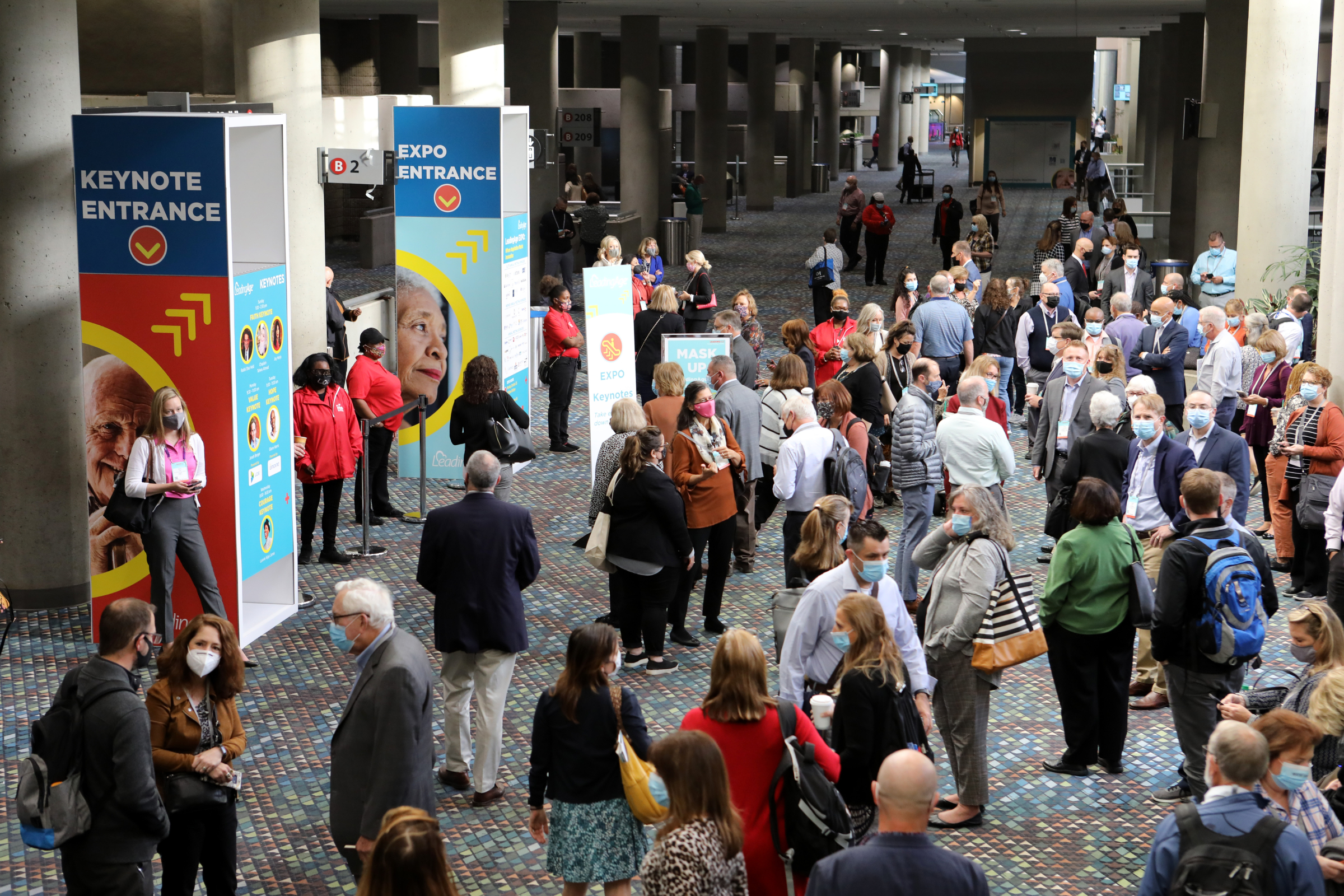A New Year
For those of us of the Jewish faith, we are right in between the High Holidays this week. Rosh Hashanah, our New Year holiday, was last week and began the 10 day period until the Day of Atonement, Yom Kippur. One of the lines of the service that particularly sticks with me is that “On Rosh Hashanah it is written, on Yom Kippur it is sealed” and the words that follow pertain to what the year ahead will be, who will enjoy tranquility and who shall suffer, who will be impoverished and who enriched and, of course, who shall live and who shall die. This prayer concludes that “repentance, prayer and charity” can mitigate this decree.
Our opportunity, therefore, is to look at our lives during these 10 days, to think about anyone we may have wronged and seek forgiveness, to forgive others who may have wronged us and to set ourselves on a better path for the future. These days are intended to be days of reflection, days in which we consider our lives and the direction we want them to take.
It is so easy, I think, for us to hold onto anger or hurt feelings and let them drive a wedge between us and others in our lives. Both personally and professionally, there are times when we let difficult interactions and complex situations become emotionally charged—and emotionally destructive. We see it with our elders as well, some of them estranged from their family members, isolated and alone.
In recent weeks I have been dealing with family health issues that have reminded me both of the fragility of life and the importance of forgiveness, of resolving issues. We never know what tomorrow is going to bring, what life is going to hand us and we may not have time to repair the relationships and heal the breaches that we should have done long ago. We think our time is unlimited, that one day will surely lead to the next. But the truth is, and we all know it, that there are no guarantees and there may not be time, or opportunity, to fix what could have been fixed, forgiven, healed.
For me this means really thinking about the petty angers I have held onto and letting them go, about making peace in every corner of my life. But it also means trying to help our elders reconnect with their families, helping our team solve problems and resolve conflicts in ways that preserve relationships, working to remind myself, and us all, that we are far better off repairing those “frayed bridges” in our life rather than burning them.
A few years ago I had the privilege of supervising a rabbinical student for a year as she completed a fellowship focused on Jewish communal work. She took on a project based on the book “Dignity Therapy” by Harvey Chochinov. The book provides a framework to help terminally ill individuals, as well as elders nearing end of life, to document their legacy, using a series of thoughtful questions. What results is a life story that helps the individual find meaning in their life and to share it with their family members.
In the case of one of our elders, he was a widower who had neither seen nor spoken to his daughter, his only child, in years. The student rabbi worked with him for weeks, interviewing him on video and finally producing a short but poignant film. We helped to send the film to his daughter who found that it gave her not just a perspective and understanding that she did not have before, it gave her the desire to reconnect with her father. She came back into his life, they found peace and she was there for him the rest of his life.
May the year ahead be one of health, peace and joy for all.

Most Recommended
October 15, 2025
 Shutdown Week Three: Impact of Ongoing Closure on Affordable Housing
Shutdown Week Three: Impact of Ongoing Closure on Affordable Housing
February 24, 2026
Fiscal Year (FY) Funding 2026
October 07, 2025
Immigrant Workforce Matching Program Brings Workforce Relief
Recently Added
February 26, 2026
HUD Interim Rule Revokes Eviction Notification Requirements
February 26, 2026
President Trump's SOTU: Key Takeaways
February 26, 2026



